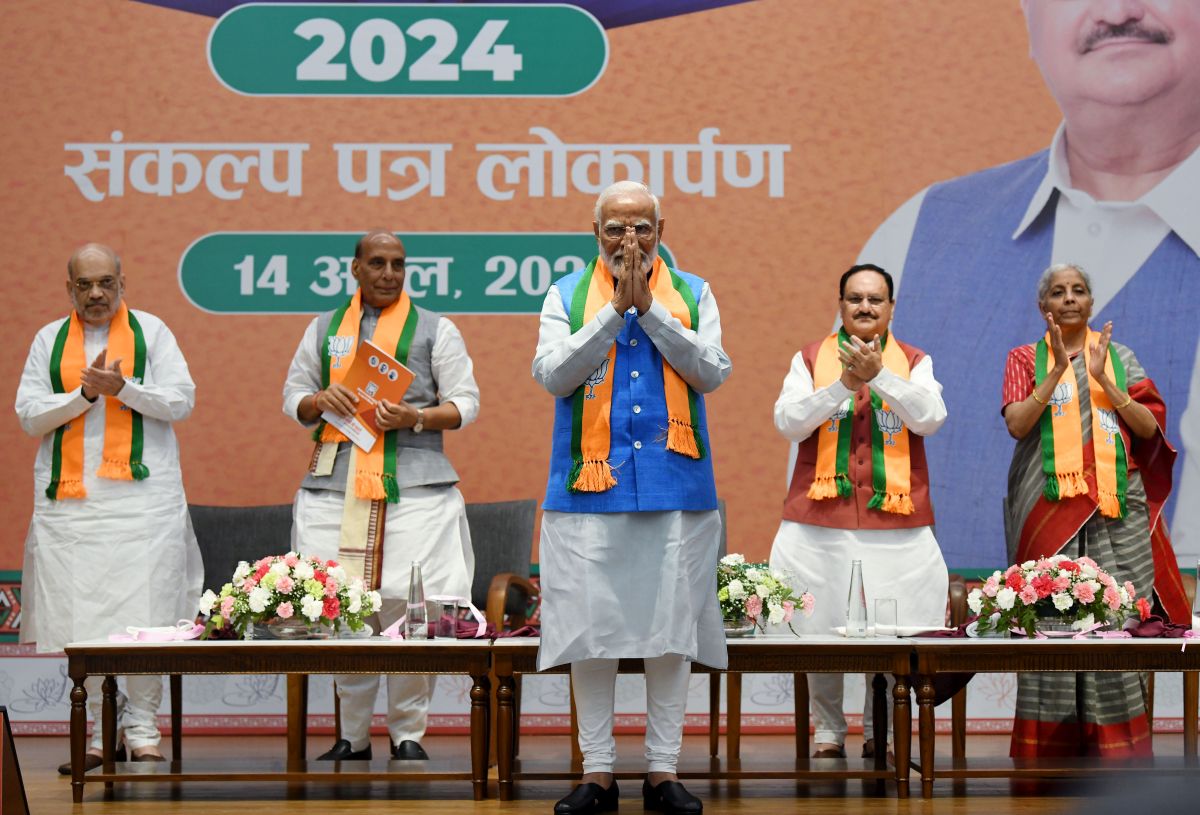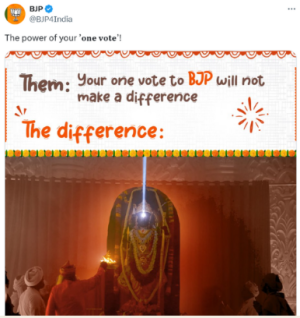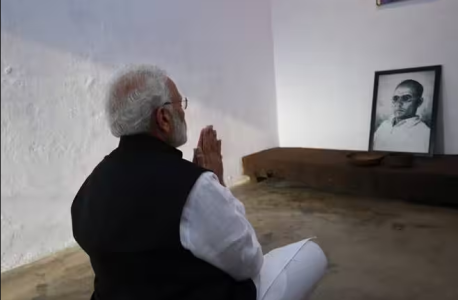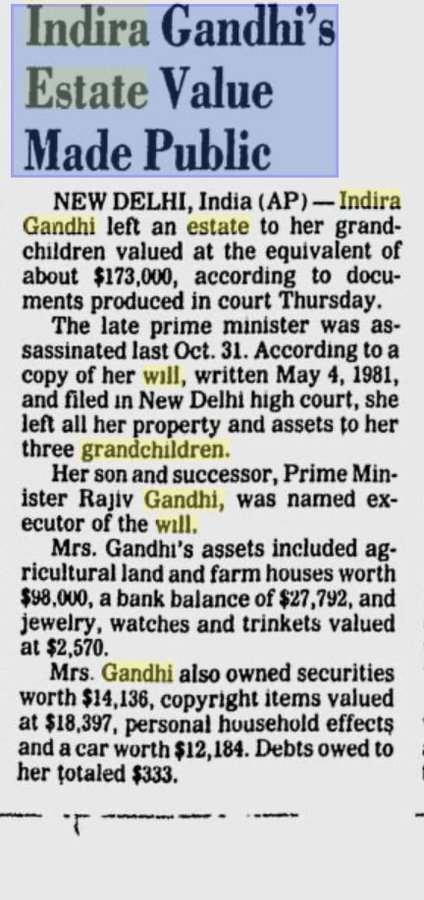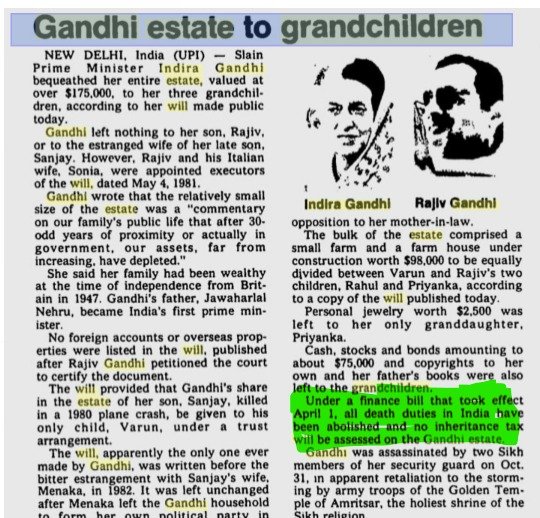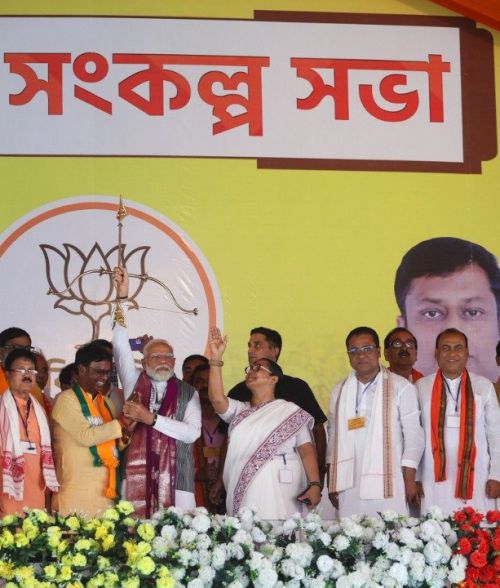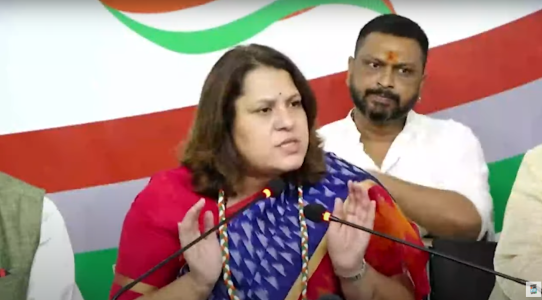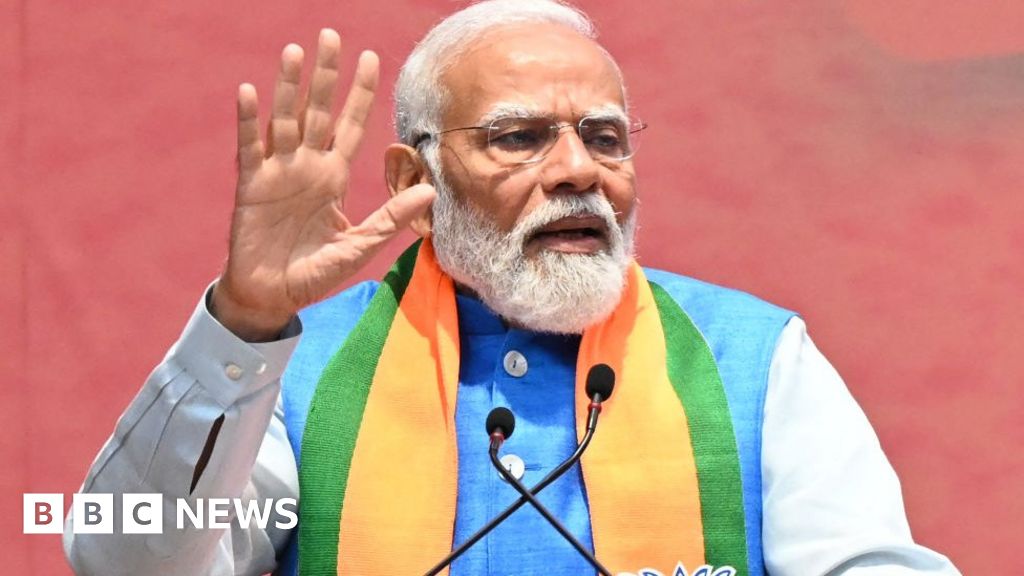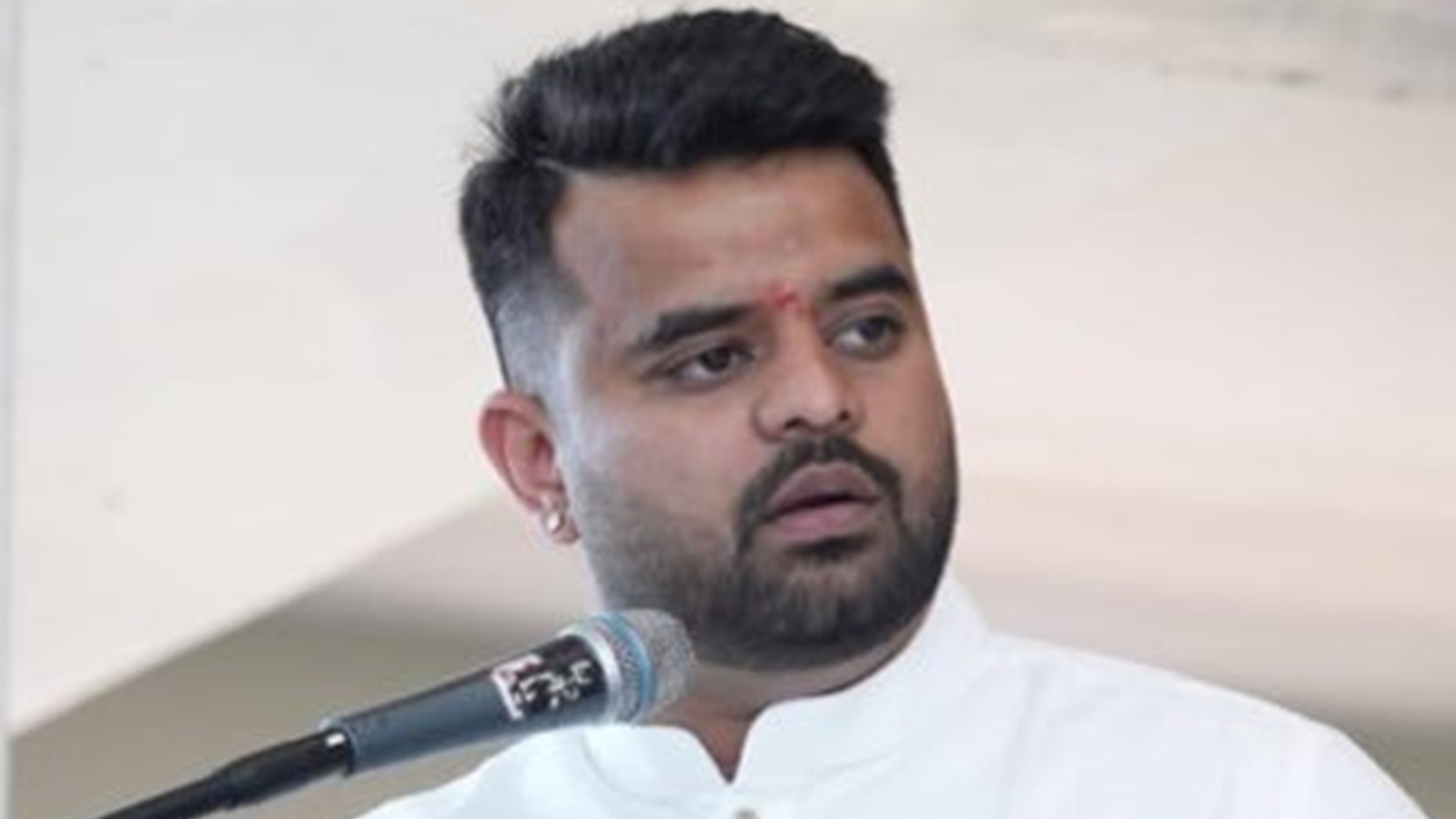WhatsApp Says It Will Shut Down In India If Forced To Break End-To-End Encryption
“As a platform, we are saying, if we are told to break encryption, then WhatsApp goes,” Advocate Tejas Karia representing WhatsApp, told the Delhi High Court in a hearing for the petitions filed by WhatsApp and parent company Meta against the amended IT rules.
In May 2021, WhatsApp filed a lawsuit against the Indian Government over the amended IT Rules,2021. The petition specifically opposed Rule 4(2) of the IT Rules, 2021. Rule 4 (2) required “a significant social media intermediary providing services primarily like messaging”, such as WhatsApp, to “enable the identification of the first originator of the information” when ordered by the Court. WhatsApp said that this obligation would require them to break end-to-end encryption, WhatsApp’s privacy measure that prevents third parties from accessing messages between users.
At the hearing, Karia noted before Acting Chief Justice Manmohan and Justice Manmeet Pritam Singh Arora, “We will have to keep a complete chain and we don’t know which messages will be asked to be decrypted. It means millions and millions of messages will have to be stored for a number of years.” WhatsApp said that this could infringe on citizens’ rights to privacy. He also stressed that the Rule under challenge goes beyond the parent Information Technology Act, which does not provide for breaking of encryption, BarandBench reported.
Experts have agreed with this assertion in the past. Mishi Choudhary, Founder, Sflc.in in 2021 told Medianama, “WhatsApp has done what every company must do if they care about end-to-end encryption and privacy. The IT rules notified by the government are unconstitutional. In the garb of addressing misinformation and regulating technology companies, GoI has been exceeding the powers granted through subordinate legislation and using it for political purposes.”
Delhi HC adjourned the case to August 14. The case will be heard with another batch of cases that challenges the provisions under the IT Rules, 2021.
Back in 2021, in response to the lawsuit, the Government had said to WhatsApp and Meta that “any operations being run in India are subject to the law of land.” Further, they stated that the Right to Privacy, like any other right, was subject to “reasonable restrictions.” They assured that end-to-end encryption would only need to be broken in cases of serious offenses. They also affirmed that there was merit to maintaining end-to-end encryption. However, they also said it was WhatsApp’s responsibility to create adequate technology to protect the privacy of citizens. “The Government of India is committed to ensuring the Right of Privacy to all its citizens as well as have the means and the information necessary to ensure public order and maintain national security. It is WhatsApp’s responsibility to find a technical solution, whether through encryption or otherwise, that both happen”, they said.
The Centre also said there was an international precedent for this and brought attention to a communique from countries like United Kingdom, United States of America, Australia and Canada that said, “tech companies should include mechanisms in the design of their encrypted products.” They also pointed to a previous instance of Brazilian law enforcement demanding the IP addresses, customer information, geo-location data and physical messages of a ‘suspect’, from WhatsApp.
However, in the hearing when asked if there were any specific laws in other countries requiring breaking of encryption Karia noted that there were none.
In 2021, WhatsApp had filed a lawsuit against the Indian Government over the amended IT Rules,2021, specifically opposing Rule 4(2).

www.medianama.com







